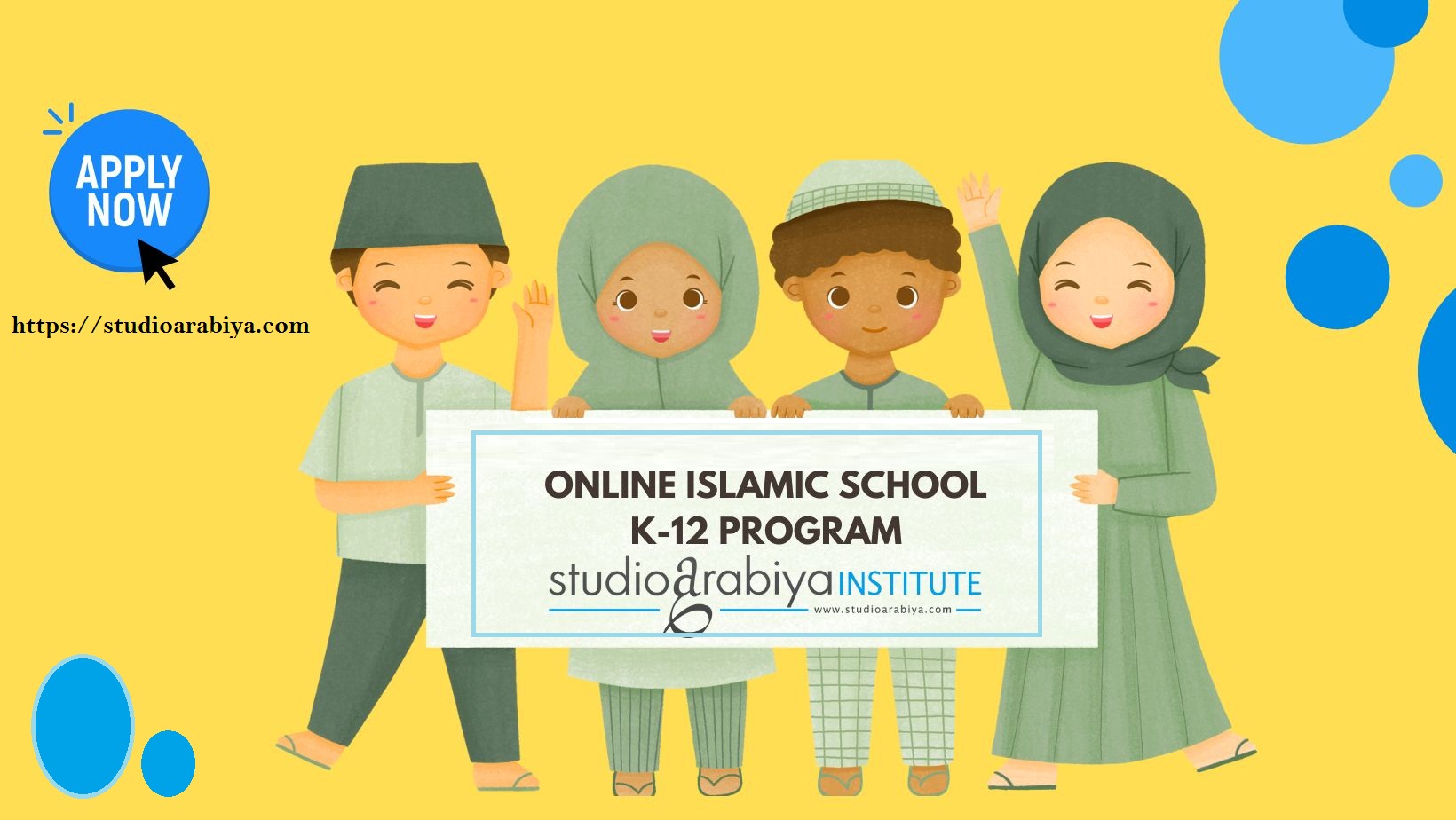
In a world driven by technology, the intersection of faith and education has witnessed a revolutionary transformation. Online learning, once a novel concept, has become a mainstream mode of education. This evolution is not limited to secular subjects; it extends to religious education as well. In this exploration, we delve into the realm of online Islamic schools, examining how they seamlessly blend faith and technology to offer a unique and accessible learning experience.
The Changing Landscape of Islamic Education
Traditional Islamic education, often confined to local mosques and madrasas, is undergoing a digital makeover. The emergence of online Islamic schools has opened up new possibilities for learners around the globe. One such platform making waves in the e-learning space is Studio Arabiya, which offers a comprehensive suite of courses catering to both the Arabic language and Islamic studies.
Learn Arabic Online: Breaking Down Barriers
The ability to understand and communicate in Arabic is fundamental for any student of Islam. Studio Arabiya recognizes this need and provides a structured approach to learning Arabic online. Whether you are a beginner or looking to enhance your existing language skills, their online Arabic courses cater to diverse proficiency levels.
Studio Arabiya’s Approach to Online Arabic Courses
Studio Arabiya’s online Arabic courses are designed with a focus on practicality and real-world application. The curriculum covers essential aspects of the Arabic language, including grammar, vocabulary, and conversational skills. Through interactive sessions and multimedia resources, students are immersed in the linguistic nuances of Arabic, fostering a holistic learning experience.
Bridging Faith and Technology: Online Islamic School K-12
Studio Arabiya extends its commitment to education beyond language learning. Their Online Islamic School K-12 is a testament to the integration of faith-based teachings with modern technology. Let’s take a closer look at the key features that set this online Islamic school apart:
1. Comprehensive Islamic Curriculum:
The K-12 program at Studio Arabiya goes beyond the basics, offering a comprehensive Islamic studies curriculum. Students not only learn about the Quran and Hadith but also delve into the history of Islam, Islamic ethics, and contemporary issues facing the Muslim community.
2. Qualified Instructors:
The online Islamic school boasts a team of qualified and experienced instructors who are well-versed in both Islamic teachings and modern pedagogical methods. This ensures that students receive a well-rounded education that aligns with their faith.
3. Interactive Learning Environment:
Leveraging technology to its fullest potential, Studio Arabiya’s Online Islamic School creates an interactive and engaging learning environment. Through live classes, discussion forums, and multimedia resources, students actively participate in their educational journey.
4. Flexibility for Busy Schedules:
Recognizing the diverse commitments of students, the online Islamic school provides flexibility in scheduling. This accommodates learners from various time zones and allows them to balance their academic and personal responsibilities seamlessly.
The Impact of E-Learning on Faith Development
As we embrace the digital era, it’s essential to assess the impact of e-learning on faith development. Critics may question whether online platforms can truly cultivate a deep connection with faith. However, proponents argue that technology, when used mindfully, can be a powerful tool for nurturing religious understanding.
Prospective Benefits:
Global Reach:
Online Islamic schools transcend geographical boundaries, reaching Muslim communities worldwide.
Accessible Learning:
Individuals with physical limitations or restricted access to traditional institutions can benefit from the accessibility of online education.
Tech-Enhanced Engagement:
Multimedia resources, interactive quizzes, and live sessions enhance student engagement and retention of Islamic teachings.
Challenges and Considerations:
Digital Distractions:
The same technology that facilitates learning can also pose distractions. Balancing screen time and focusing on religious studies is a challenge that requires conscious effort.
Community Connection:
Traditional Islamic education often fosters a sense of community. Online platforms need to address ways to replicate this communal aspect virtually.
Conclusion: Embracing the Future of Islamic Education
In conclusion, the integration of faith and technology in the form of online Islamic schools is a transformative step towards a more accessible and inclusive educational landscape. Studio Arabiya exemplify the potential of e-learning to enrich Islamic education, breaking down barriers and fostering a global community of learners.
As we navigate this evolving terrain, it’s crucial to approach online Islamic education with a balanced perspective, recognizing both its benefits and challenges. Embracing the future does not mean abandoning tradition but rather adapting it to meet the needs of a dynamic and interconnected world. Through initiatives like Studio Arabiya, the journey of faith-based e-learning continues to unfold, providing a beacon of knowledge for generations to come.








